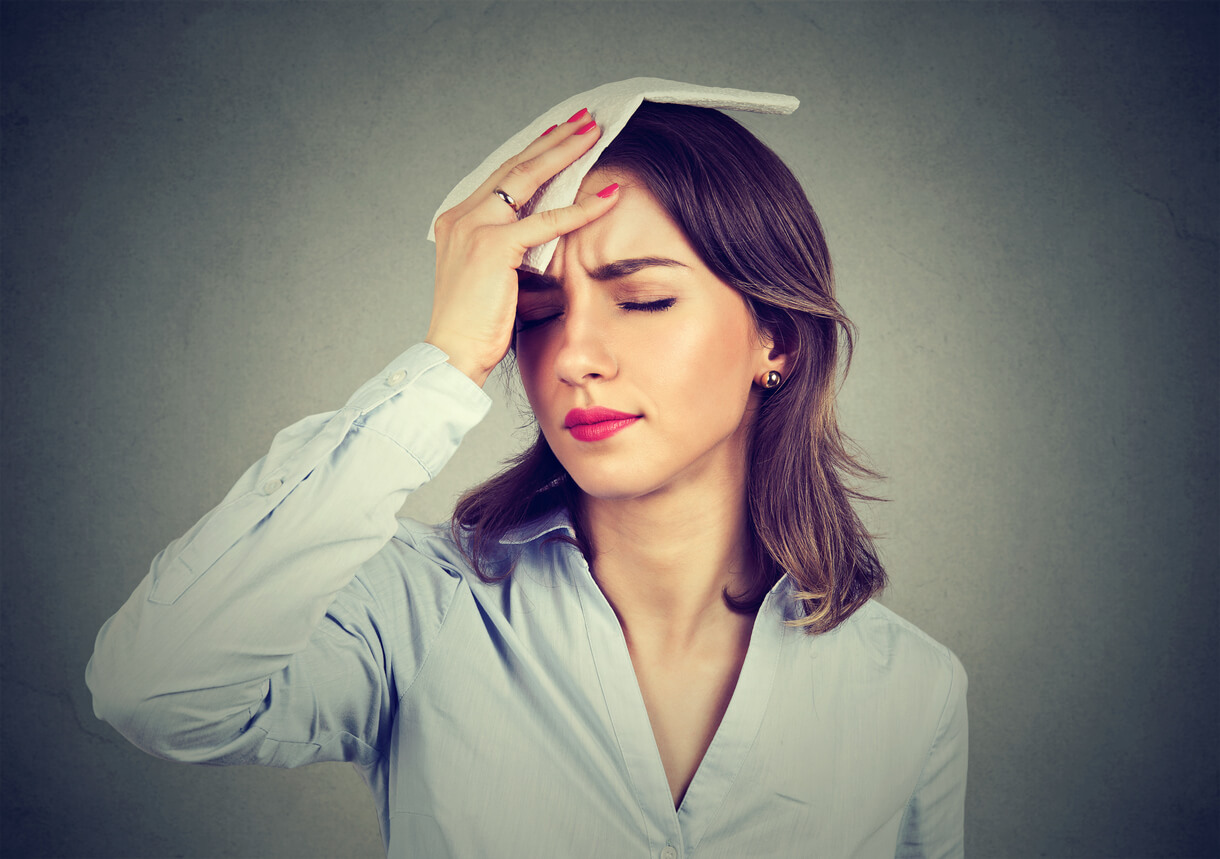Can Menopause Cause Depression?

The hormonal changes that occur during perimenopause (the period of life preceding menopause) and menopause — in particular, declining estrogen levels — affect a woman’s body in many ways. These changes can also affect a woman’s mental and emotional health, causing symptoms such as:
- Mood swings
- Irritability
- Decreased motivation
- Aggressiveness
- Trouble concentrating
- Anxiety
- Memory lapses
Perimenopause and menopause are also associated with depression. While they don’t cause depression, some women may develop symptoms during this time. Many experts believe this may be because estrogen, which is thought to have mood-enhancing properties and decreases. Women with a history of depression, anxiety, or other mental illness may find that their symptoms worsen during perimenopause and menopause.
Menopause and Depression
There are many ways to treat the symptoms of depression that can occur during perimenopause and menopause. When the symptoms are mild, lifestyle changes may be effective. Recommended changes include:
- Getting regular exercise
- Maintaining a healthy diet
- Avoiding alcohol
- Dividing large projects into smaller tasks to make them less stressful
- Participating in calming practices like meditation, yoga, and prayer
- Pursuing uplifting activities like dining out, going to the movies, entertaining, volunteering or attending religious services
- Postponing major decisions or life transitions, if possible, until after a more positive outlook returns
- Spending quality time with family and friends
- Practicing patience and awareness that the symptoms will subside with time
Hormone replacement therapy may also be used to reduce the emotional challenges associated with perimenopause and menopause. However, if a woman’s symptoms of depression are moderate to severe and make it difficult to function, treatment with counseling or psychotherapy and drug therapy may be necessary. Antidepressant medications can take weeks to provide maximum relief, but most women find them to be effective. These drugs may also help relieve hot flashes.
It’s important for women to talk with their doctor about all of the physical, mental, and emotional symptoms they experience. He or she can help them assess the severity of the symptoms, develop a treatment plan, and monitor their progress. Women used to “suffer in silence” through menopause, but that’s neither necessary nor healthy.



